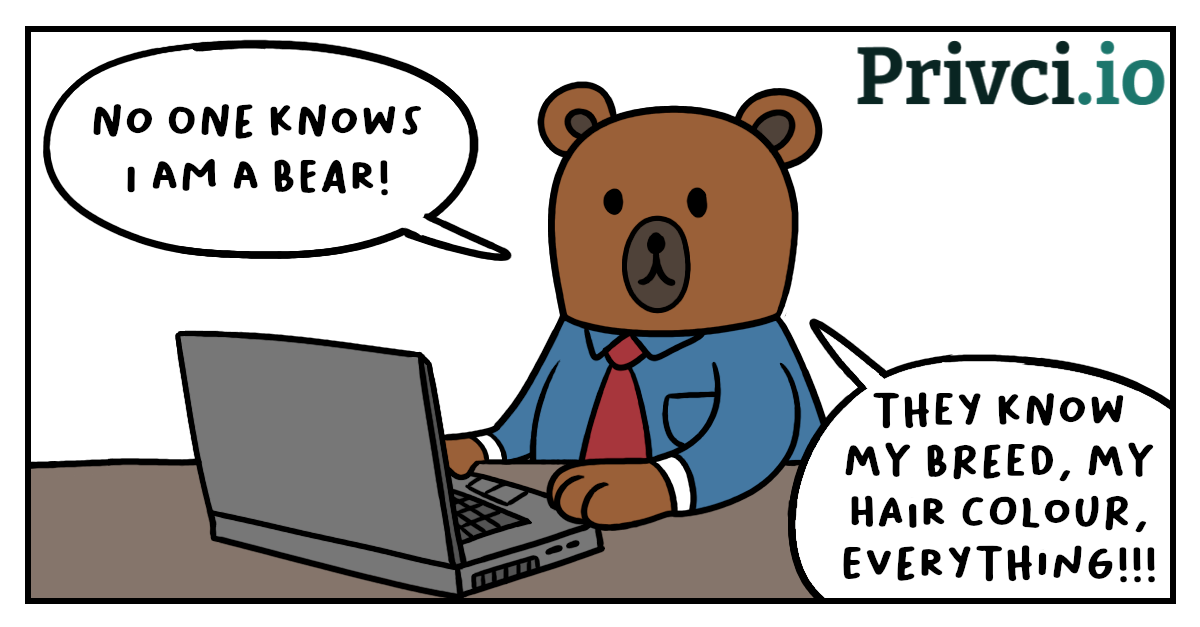Privacy policies were created to protect you. Find out why these long and convoluted legal texts may not always serve this purpose and what that means for your privacy and security online. This guide helps you to understand Why Privacy Policies Are Incomprehensible.
Why Privacy Policies Are Incomprehensible
Privacy policies were a rare occurrence back in the 90’s, however, with stronger data protection laws, it’d be rare to find a website without a privacy policy these days.
While the idea of a privacy policy leans towards giving a user a clear indication of how a company uses their personal information, ultimately safeguarding the user’s personal information, this often isn’t the case. Privacy policies are often long winded, contain complex language and are ambiguous to say the least.
Privacy policies are more about companies complying with the law than being transparent with consumers. They are strategically created in a way that tells users very little about the data they store for two main reasons.

Why privacy policies are difficult to hard
Firstly, websites take a cautious approach in order to protect themselves against potential legal issues like lawsuits and fines. Using unclear, vague language reduces their legal risk.
Secondly, personal data has become a sought-after commodity that’s highly valuable. The more detailed a profile of a consumer is, the more targeted advertising can be. The more targeted an advert is the greater chance of a sale. Companies are going to great lengths to get access to personal information that relates to preferences, habits, behaviors, and more. Making it almost impossible for you to opt-out is a major financial incentive for the businesses who collect your data.
Privacy is a simple concept but companies seem to be complicating it to the point of intentional confusion. It seems like it’s more about not telling consumers what they do with the data than actually telling them what they do. At the end of the day, it comes down to money. They know that if they tell users exactly how they’re collecting and using their information, then most users will most likely share less information, which means a loss in revenue.
Keen to clarify something further? Many companies lump your inquiry with the rest of their customer feedback.
Consent is a contentious issue when it comes to companies not selling your personal information “without consent”. In some countries, giving your consent can be as lax as not actively opting out or by just browsing a website. If you tick that box accepting the terms and conditions then you may be explicitly consenting to who knows what. Most likely a third party collecting your personal information.
Websites enlist advertising and analytics companies to gather data and personalise ads on their behalf. Unseen third parties having your personal details means greater exposure to privacy risks like hackers, fraud and identity theft.
In order for the consumer to be greater informed and protected, the existing privacy policy needs to be completely overhauled. Consumers should be able to easily understand how their data is stored and used. Transparency, simple language and clear, short statements are needed to both encourage consumers to read them and help them understand what’s being said.
Until this happens, consumers will have to rely on apps like Privci which use technology to provide consumers with an easy and quick way to learn about a websites’ data-gathering methods.
If your enjoy reading this article why not share with others!
Divine Chana C. Senior Analyst, Privci.io


